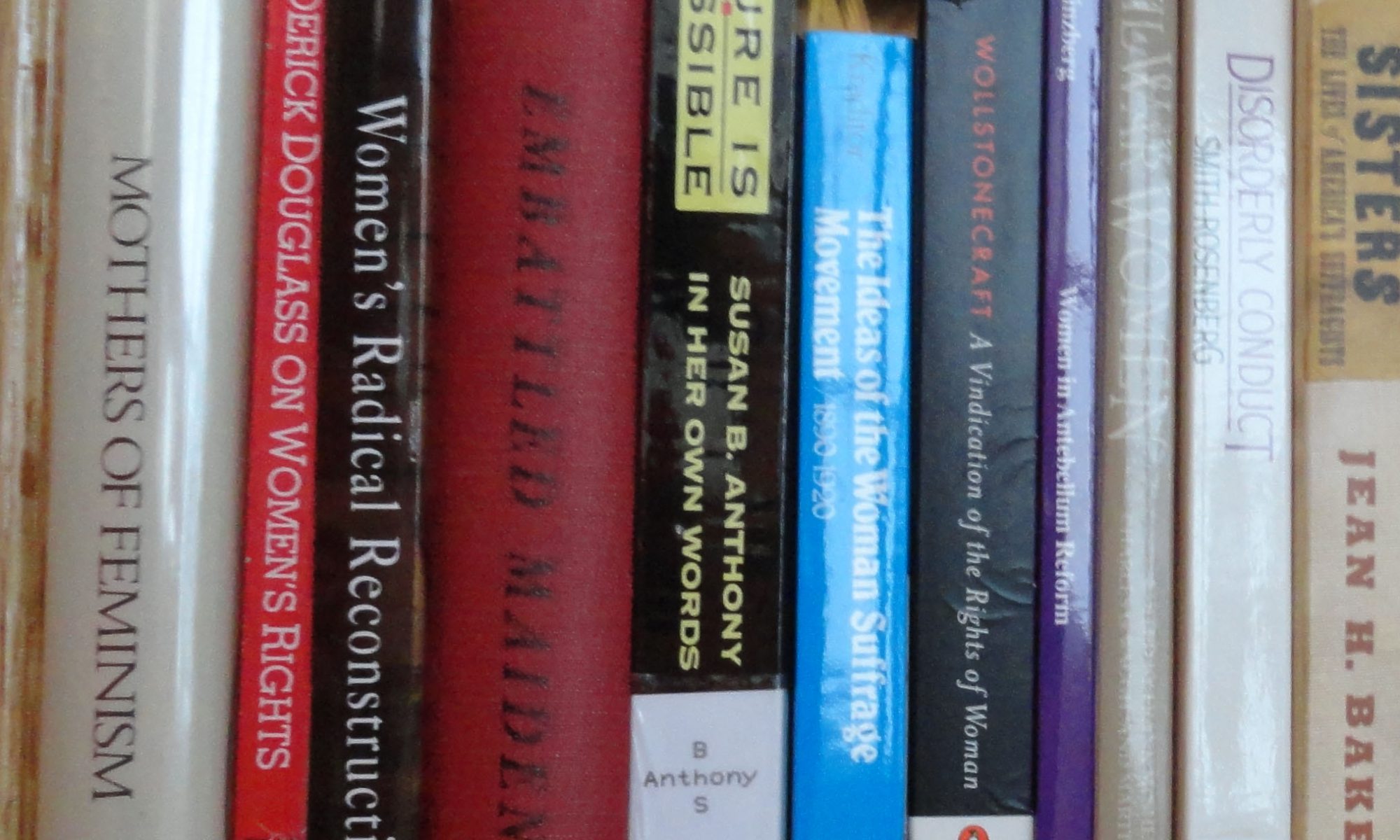 If marriage be a contract, look to it then, Contracting parties should be equal – Just. Elizabeth Barrett Browning
If marriage be a contract, look to it then, Contracting parties should be equal – Just. Elizabeth Barrett Browning
Elizabeth Barrett Browning (1806-1861) or “Ba,” as she was known as a child, was a child of privilege growing up in a wealthy household supported by the slave labor on sugar plantations in Jamaica. A precocious writer, her family encouraged her enthusiasm for writing poetry, even having 50 bound volumes made of her Epic of Marathon at age fourteen. A year later she read Mary Wollstonecraft’s Vindication of the Rights of Women, and despite the disproval of her beloved father, became a lifelong advocate for women’s rights and other social issues, including the abolition of slavery and of child labor.
In that same year, she contracted an illness that left her weak and invalided much of her life. It has been speculated that her addiction to laudanum, an opiate, may have inspired some of the vivid imagery in her poetry.
In 1845, a fan of her work, Robert Browning, came to visit her, leading to the fairytale romance that has often eclipsed her writing and her views on women’s independence. This is, perhaps, best illustrated in the long poem Aurora Leigh (1856) in which Browning illustrates the conundrum women faced then, and still do, in choosing whether to dedicate themselves to love and marriage or to their work and art.
In the 1860s Aurora Leigh was seen as a manifesto for women’s rights. In fact, it was Susan B. Anthony’s favorite book which she carried everywhere she traveled. In the following excerpt Aurora Leigh rejects a marriage proposal.
‘Farewell, Aurora ? you reject me thus?’ He said.
‘Sir, you were married long ago,
You have a wife already whom you love, Your social theory.
Bless you both,’ I say.
‘For my part, I am scarcely meek enough
To be the handmaid of a lawful spouse.’
‘Do I look a Hagar, think you?’
‘So you jest!’
‘Nay so, I speak in earnest,’ I replied.
‘You treat of marriage too much like, at least,
A chief apostle; you would bear with you
A wife, a sister out?
A sister of charity.’
‘Then, must it be
Indeed farewell?
And was I so far wrong
In hope and in illusion, when I took
The woman to be nobler than the man,
Yourself the noblest woman,—in the use
And comprehension of what love is,— love,
That generates the likeness of itself
Through all heroic duties? so far wrong,
In saying bluntly, venturing truth on love,
Come, human creature, love and work with me,—
Instead of Lady, thou art wondrous fair,
And, where the Graces walk before, the Muse
Will follow at the lighting of the eves,
And where the Muse walks, lovers need to creep:
Turn round and love me, or I die of love.’
‘With quiet indignation I broke in.
You misconceive the question like a man,
Who sees a woman as the complement
Of his sex merely.
You forget too much
That every creature, female as the male,
Stands single in responsible act and thought,
As also in birth and death.
Whoever says
To a loyal woman,
Love and work with me,’
Will get fair answers if the work and love,
Being good themselves, are good for her
—the best
She was born for.
Women of a softer mood,
Surprised by men when scarcely awake to life.’
Will sometimes only hear the first word, love,
And catch up with it any kind of work,
Indifferent, so that dear love go with it:
I do not blame such women, though, for love,
They pick much oakum ; earth’s fanatics make
Too frequently heaven’s saints. But me, your work
Is not the best for,—nor your love the best,
Nor able to commend the kind of work
For love’s sake merely. Ah, you force me, sir,
To be over-bold in speaking of myself,
I too have my vocation.—work to do,
The heavens and earth have set me…
Did Aurora Leigh make the right choice?
What choices have you made in life so that you could pursue your passions?
